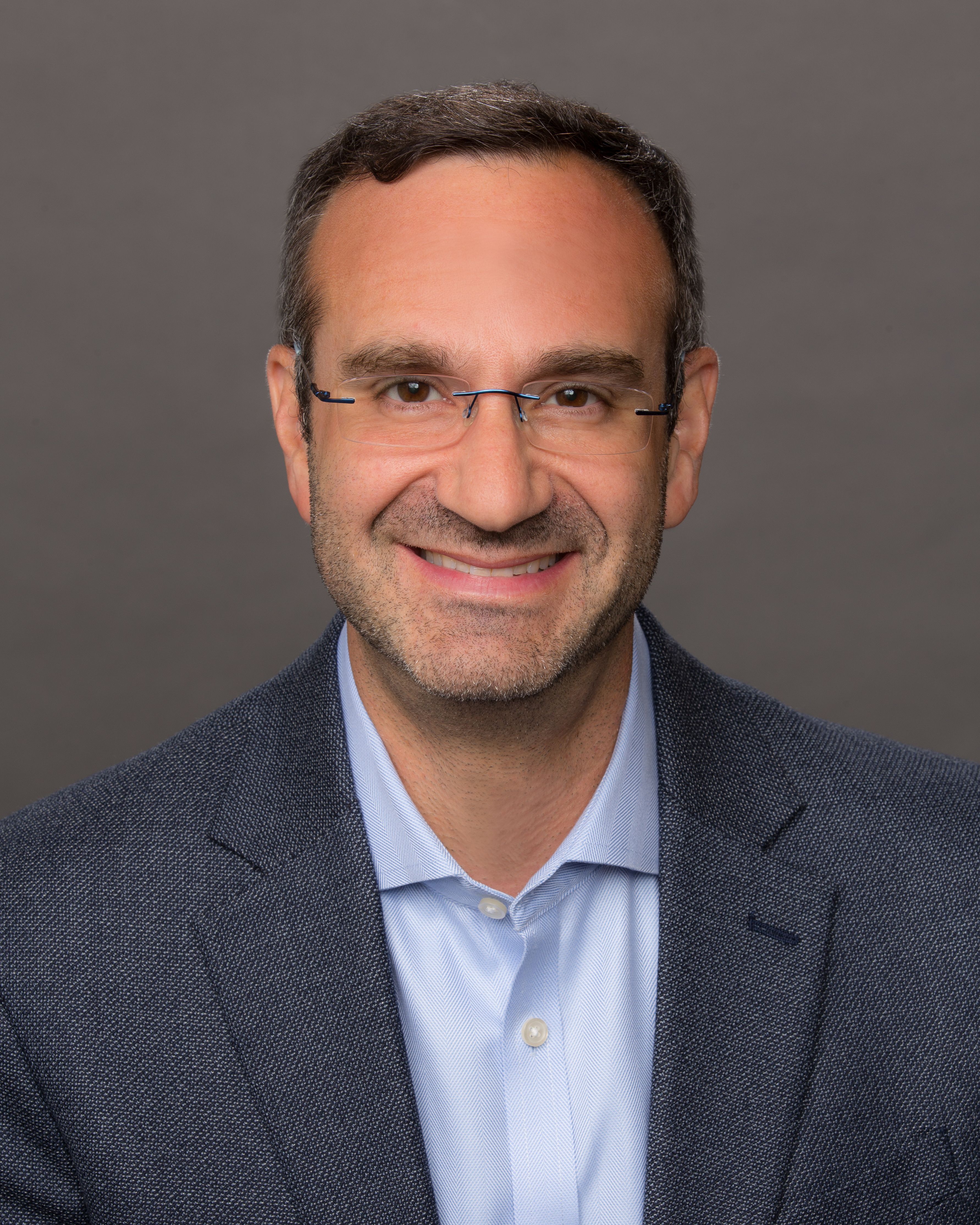- Strategy
- Payers
- AI
- Cybersecurity
- Device Development
- Studies/Published Research
- Ethics
- Regulatory
- Digital Biomarkers
- Data Science
- Companion Diagnostics
- Clinical Care
- Digital Therapeutics
- Academic Research
- Virtual Reality
- RWE
- Digital Endpoints
- Medical Devices (Class II and Class III)
- Commercialization
- Clinical Trials
- Drug-Device Combinations
- SaMD
- Remote Patient Monitoring
- Patient Engagement
- Profiles/Q&A
Q&A With Coriell Life Sciences’ Chief Science Officer, Jeffrey A. Shaman, PhD, MS, and Chief Executive Officer, Scott Megill
Shaman and Megill discuss Coirell’s new platform, GeneDose LIVE.
Scott Megill
Chief Executive Officer
Coriell Life Sciences

Coriell Life Sciences worked with Amazon Web Services (AWS) to build GeneDose LIVE, a platform designed to make prescribing drugs more accurate on a patient-by-patient basis. Coriell’s chief science officer Jeffrey A. Shaman, PhD, MS, and CEO Scott Megill spoke with Medical Device & Technology about how the platform was developed and how it works.
Megill: With GeneDose Live, we focus on a particular area of science where the aspects of the human genome that are responsible for or are impacted by drug response can now be measured. Drugs don’t work for everybody, and as it turns out, your genetics and DNA have a lot to do with that. We can now, relatively cheaply and quickly, test for those human variations within the genome and then accurately predict whether drugs will work and be safe for that person.
Jeffrey A. Shaman, PhD, MS
Chief Science Officer
Coriell Life Sciences

While it's a relatively novel science from an economic standpoint, it’s been around forever. We’ve known that drugs don’t work for everybody and now we have a pinpointed the reason why. The real challenge has been getting this into clinical practice with the right information technology tools. We developed GeneDose Live as a clinical decision support system that is there to assist pharmacists and physicians in understanding all the potential risk factors that a patient might have, both genetic and non-genetic, so that they can make better choices for the individual.
(MDT:) How does this compare to precision medicine?
Megill: That’s exactly what it is, but this is really a sub-discipline of personalized medicine. When it comes to personalized medicine, most people would think about oncology, cancer predilection, and treatments. Now, we can think of it in terms like prenatal care, screenings, and other things like that. Pharmacogenomics is just another discipline of that sort of science. The question is how do we apply our knowledge of human variation in genetics into actual clinical practice.
(MDT:) What sort of data do you need for a platform like this?
Megill: We need all sorts of data. We need information about the patient, what medications they take, what conditions they’re suffering from, what lifestyle implications they have that could be impacting the drugs that they take, and the treatment plans that have been suggested. Do you smoke? Drink grapefruit juice? Eat leafy green foods? There are all sorts of things that we know certain drugs may or may not combine well with. Age is a major factor, along with pregnancy. Taking certain vitamins or supplements can impact drugs.
We also need information from genetic tests. The human genome, if interpreted on an end-to-end scan, would be about 3 billion points of data. Most of that are things that science has not yet discovered the implications for, so we only look at a small subset of that. We look at areas that are hyper variable for medication response. That data can then be aligned with best practice guidance when we know that there is a variation that is impactful to how meds will work.
We maintain a very large database of what all those possible interpretations will be. That’s an ever-growing amount of knowledge. There are new peer-reviewed publications coming out all the time that can inform what a data point might mean for someone who might be taking a drug. Of course, we need from other sources as well: the FDA, the CDC, the AMA, groups that maintain drug knowledge repositories, and drug monitoring information. All of that must flow into a singular physician support system that allows those clinicians to have the best access to the best knowledge they can at the time, which is constantly being reinterpreted in real time.
(MDT:) Does that mean that the platform is using the data to help HCPs make decisions regarding a drug’s future effectiveness?
Megill: As you can imagine, genetics doesn’t change over time, but our knowledge of medications do. There are medications being invented, so there’s new information about those, and being able to take information about genetics and see where those variations are and then link it with that new information on an ongoing basis is important.
Shaman: As an example, PLAVIX is a medication that about 4.3 million Americans are taking. We give that to our patients to keep them from having a second heart attack. It’s there to keep a stent open in case they’re going to have a heart attack or stroke. You can imagine that by keeping that open, you’re keeping them from having that side effect of a second heart attack. But, if that medication doesn’t work for that person, they don’t suffer from a headache or belly ache, it’s a catastrophic event. We know that about 27% of the people in the United States who are taking this drug may not get the benefit from it. We’d rather be able to test that ahead of time rather than doing the experiment on the patient.
By understanding the genetics ahead of time, we can look at who its ok to give this medication to. There are some drugs that people may stop taking because of the muscle aches or pains they get from them. If this is a medication they’re supposed to be on for good, we want to make sure they stay on it and aren’t taking themselves off of it due to an adverse reaction.
That’s how we use genetics, but medication management therapy is complex. There are a lot of variables that need to be considered, especially in our geriatric patients, who deal with issues like polypharmacy (taking a lot of medications). Those people need to consider a lot of risk factors, such as drugs that interact poorly with each other. It’s very complicated and having all this data in one place makes this a lot more scalable for HCPs.